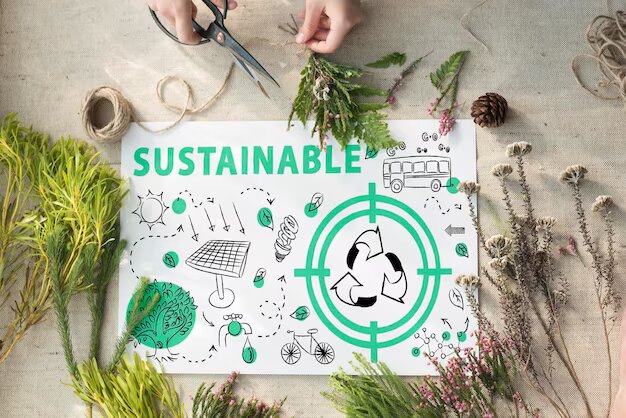Introducing Crossline Group's Eco-Conscious Textile Supply Chain

The fashion industry has been undergoing a significant shift in recent years, with a growing focus on sustainability and eco-conscious practices.
One company that has embraced this change is Crossline Group, a leading player in the textile industry. With a strong commitment to sustainability, Crossline Group has developed an eco-conscious textile supply chain that aims to minimize environmental impact while delivering high-quality products.
In this article, we will explore the key features of Crossline Group’s eco-conscious textile supply chain and its importance in the fashion industry.
Supporting Local Communities and Fair Trade Practices
Crossline Group actively supports local communities and promotes fair trade practices. They collaborate with suppliers and manufacturers who adhere to fair labor standards, ensuring that workers are treated ethically and provided with fair wages and safe working conditions.
Ensuring Worker Safety, Fair Wages, and Labor Rights
Worker safety, fair wages, and labor rights are of paramount importance to Crossline Group. They maintain a strong commitment to providing a safe working environment and ensuring that all workers involved in their supply chain are treated with respect and dignity.
Understanding the Textile Supply Chain

The textile supply chain is a complex process that involves various stages, from sourcing raw materials to manufacturing finished products. Understanding this chain is crucial to identifying areas where environmental sustainability can be improved.
The textile supply chain begins with the sourcing of raw materials, such as cotton, silk, or synthetic fibers. These materials are then processed, spun into yarns, and woven or knitted into fabrics. The fabrics are further treated, dyed, and finished before being cut and sewn into garments or other textile products.
Transparent Communication and Traceability
Transparency is a key aspect of an eco-conscious textile supply chain. Crossline Group places great importance on transparent communication and traceability, allowing customers to make informed choices and understand the environmental and social impact of their purchases.
Importance of Transparency in the Textile Supply Chain
Transparency in the textile supply chain ensures accountability and enables stakeholders to understand the processes involved in production. It allows for informed decision-making and builds trust between companies and consumers.
Challenges and Environmental Impact Associated with Traditional Textile Supply Chains

Traditional textile supply chains often face challenges related to unsustainable practices. These include excessive water usage, energy consumption, and the release of harmful chemicals into the environment. Additionally, the fast-fashion model, characterized by rapid production and disposal of clothing items, contributes to enormous waste generation and carbon emissions.
Given the environmental issues associated with conventional textile production, there is an urgent need for eco-conscious textile supply chains. These supply chains prioritize sustainability, ethical practices, and the reduction of environmental impact.
Exploring the Environmental Issues Caused by Conventional Textile Production
Conventional textile production poses significant environmental challenges. For example, the cultivation of conventional cotton often involves the extensive use of pesticides and chemical fertilizers, leading to water pollution and soil degradation. Furthermore, the textile industry is a major contributor to water scarcity, as large amounts of water are required for various production processes.
Rising Consumer Demand for Sustainable and Ethically Produced Textiles

Consumers are increasingly aware of the environmental and social impact of their purchasing decisions. There is a growing demand for sustainable and ethically produced textiles, driven by a desire to support environmentally responsible companies and promote fair labor practices. As a result, fashion brands need to adapt their supply chains to meet these evolving consumer expectations.
Crossline Group has taken a proactive approach to building an eco-conscious textile supply chain. They have implemented various strategies and initiatives to ensure sustainability and social responsibility throughout their operations.
Crossline Group actively seeks partnerships with sustainable suppliers and manufacturers who share their commitment to eco-conscious practices. By collaborating with like-minded companies, they can ensure the use of sustainable materials and responsible production processes.
Crossline Group’s commitment to building an eco-conscious textile supply chain demonstrates its dedication to sustainability and responsible practices.
By collaborating with sustainable suppliers, prioritizing responsible sourcing and material selection, and implementing eco-friendly production processes, Crossline Group contributes to a more sustainable future for the fashion industry. Through their efforts, they inspire other brands and educate consumers, fostering positive change and encouraging the fashion industry as a whole to prioritize sustainability.
